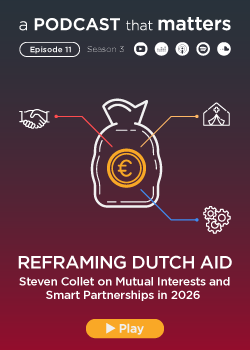Print

Strategic Litigation for Rights in Europe: Building Knowledge, Skills and Connections for Legal Practitioners to Use the EU Charter of Fundamental Rights: STARLIGHT
Details
Locations:Germany, Hungary
Start Date:Nov 1, 2022
End Date:Sep 30, 2024
Sectors: Gender & Human Rights, Law, Organizational development, Public Sector Governance
Categories:Grants
Funding Agencies:
Date posted:Nov 15, 2022
Description
Programme(s): Citizens, Equality, Rights and Values Programme (CERV)-undefined
Topic(s): CERV-2022-CHAR-LITI
Type of action: CERV Project Grants
Project ID: 101084678
Objective:
Fundamental rights are under attack across the European Union (EU) yet EU law, and in particular the Charter of Fundamental Rights (CFR), remain underused tools in the struggle to protect rights. This project aims to address this gap and unlock the potential of the CFR by promoting its use as a tool for strategic litigation and the protection and promotion of rights. To reach this goal, the Hertie School and the Hungarian Helsinki Committee will train and support a strong cohort of EU lawyers with the skills and knowledge to use the CFR to protect rights. The project centres on the design and delivery of a two-part professional training programme that will focus firstly on the use of the CFR and other EU laws in three thematic areas: the rule of law, asylum and migration as well as criminal justice, and secondly on the requisite skills to engage in strategic litigation at EU level. As a new avenue for the protection of rights, lawyers and NGOs need not only the skills to craft effective legal arguments but also the capacity to carry out, and work with others, to ensure effective advocacy, communication and community awareness. These components will form part of the skills training and will be followed up through tailored legal clinics where participants will bring real case scenarios to work through and receive tailored advice and support. Both the workshops and clinics will facilitate exchange with other participants to foster collaborative approaches and possible cross-border engagement. The faculty/trainers will develop resource materials and model legal arguments that will be available to participants as well as to a wider audience. Over a two-year period, the programme will have trained and empowered over 132 lawyers building a cohort of lawyers emboldened to use the CFR for the protection of rights and will have reached a wider audience through the production and dissemination of training materials.

